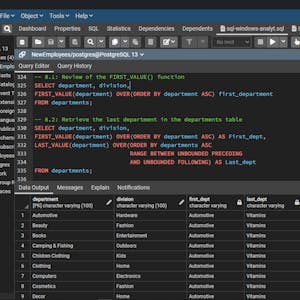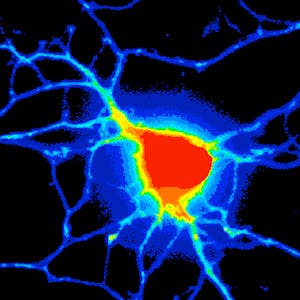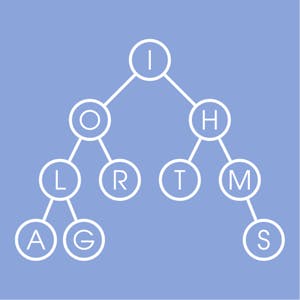SQL Window Functions for Analytics
About this Course
Welcome to this project-based course SQL Window Functions for Analytics. This is a hands-on project that will help SQL users use window functions extensively for database insights. In this project, you will learn how to explore and query the project-db database extensively. We will start this hands-on project by retrieving the data in the table in the database. By the end of this 2-hour-and-a-half-long project, you will be able to use different window functions to retrieve the desired result from a database. In this project, you will learn how to use SQL window functions like ROW_NUMBER(), RANK(), DENSE_RANK(), NTILE(), and LAST_VALUE() to manipulate data in the project-db database. Also, we will consider how to use aggregate window functions. These window functions will be used together with the OVER() clause to query this database. By extension, we will use grouping functions like GROUPING SETS(), ROLLUP(), and CUBE() to retrieve sublevel and grand totals.Created by: Coursera Project Network

Related Online Courses
Elevate your expertise with our Advanced React course. Building upon your foundational knowledge, this course delves into advanced React patterns, internal workings, and the implementation of... more
This course will focus on developing integrative skills through directed reading and analysis of the current primary literature to enable the student to develop the capstone project as the overall... more
Cyber-attacks, breaches, and incidents continue to grow. The sophistication and complexity of these attacks continue to evolve. More than ever organizations need to plan, prepare, and defend... more
This Specialization is intended for the general public, including pre-health undergraduate students, healthcare professionals, and professionals in other healthcare-related industries seeking to... more
A good algorithm usually comes together with a set of good data structures that allow the algorithm to manipulate the data efficiently. In this online course, we consider the common data structures... more








